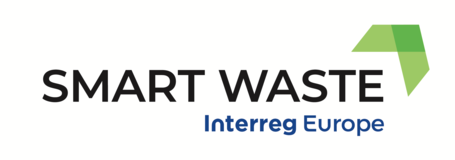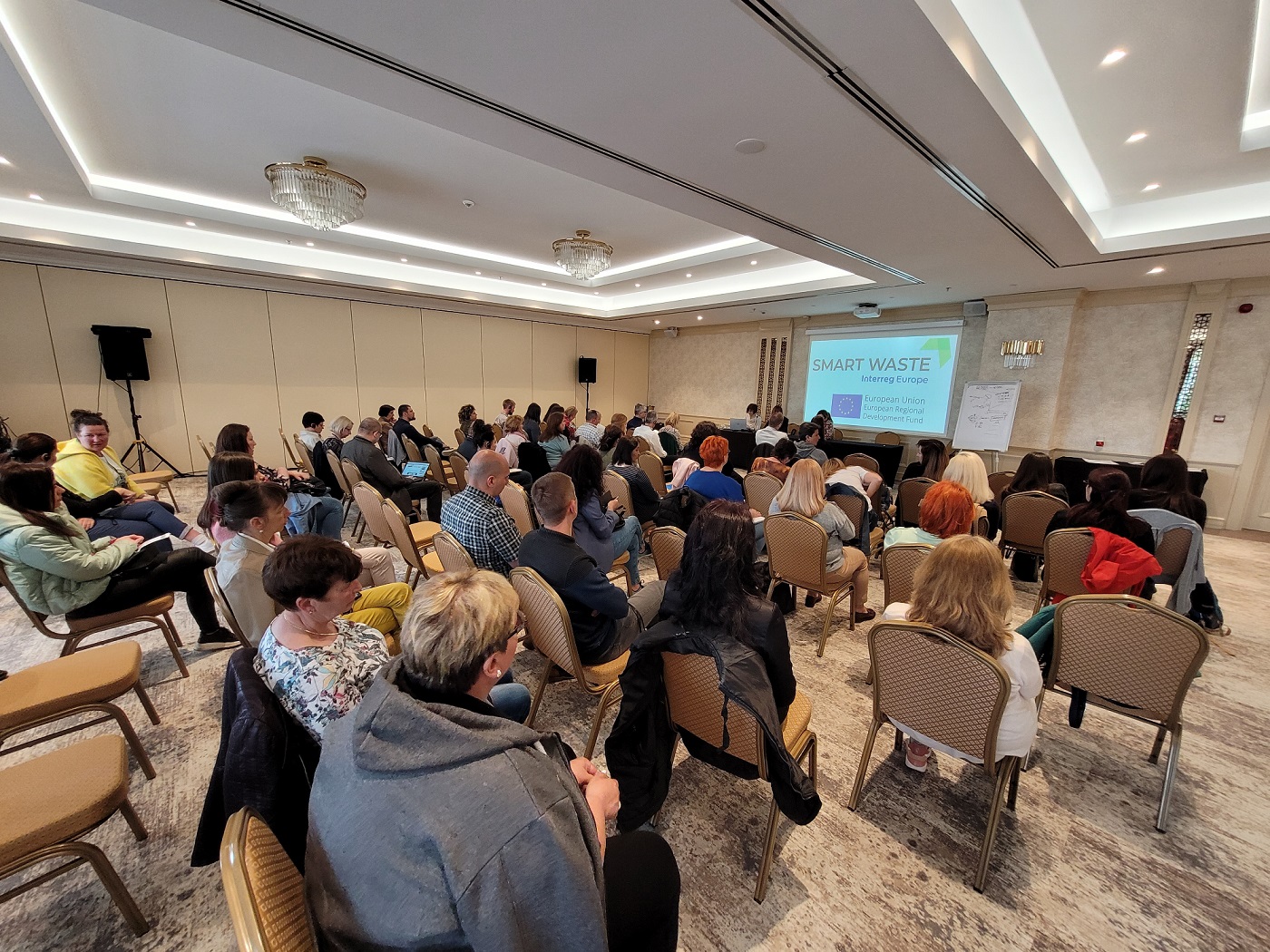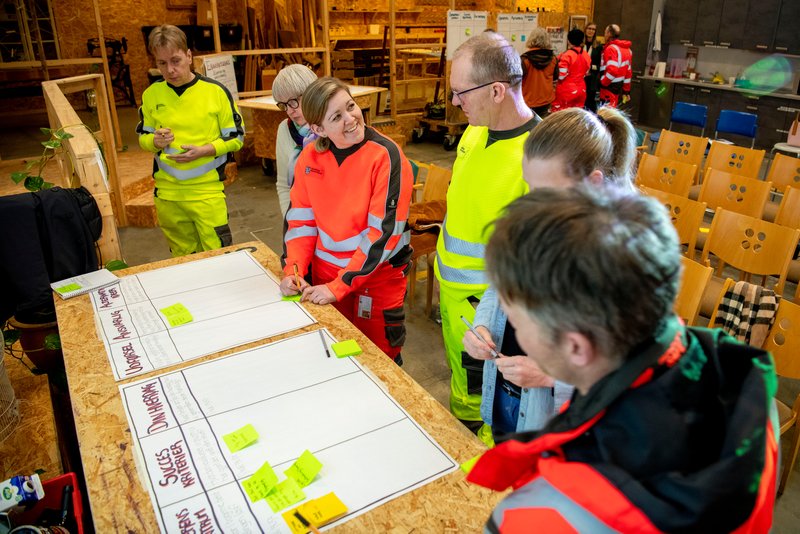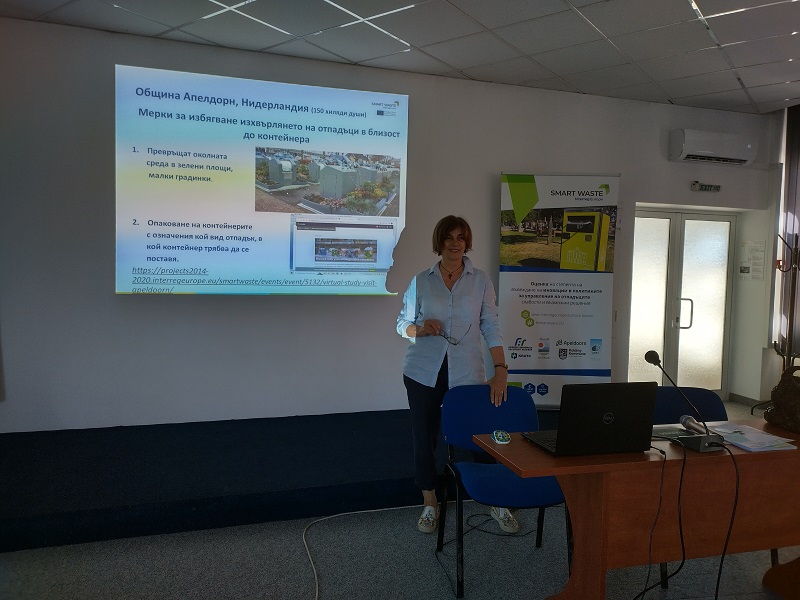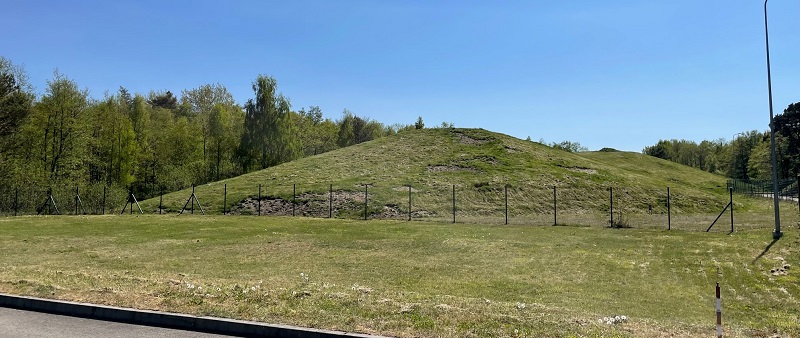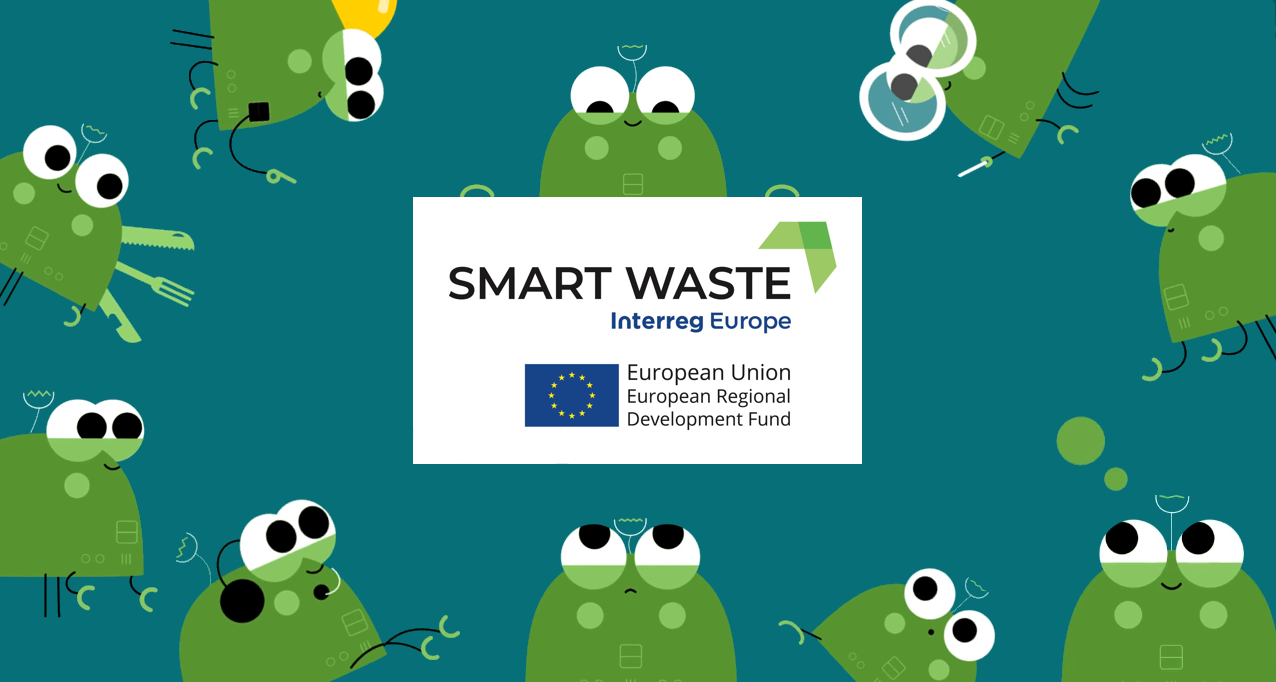There are increased interest and gainful opportunities in changing traditional business models to make them more circular, enabling materials and products to be reused and to remain in the economy for as long as possible.
Circular economy in Europe requires the implementation and upscaling of circular business models on a wide scale.
An EEA briefing ‘A framework for enabling circular business models in Europe’ identifies the actions that can be taken to implement circular business models effectively. It also identifies enablers to upscale them on a wide scale as part of the expected shift to a circular economy. Such a transition will require that the right supportive policies are in place and behaviours that lead to change in consumption and education.
Taking the textiles system as a test case, there are four main circular business model types, each supporting the shift towards circularity: (1) ensuring products’ longevity and durability; (2) access-based models (renting and leasing); (3) textile collection and resale; and (4) recycling and reusing materials.
Read the full briefing here.
